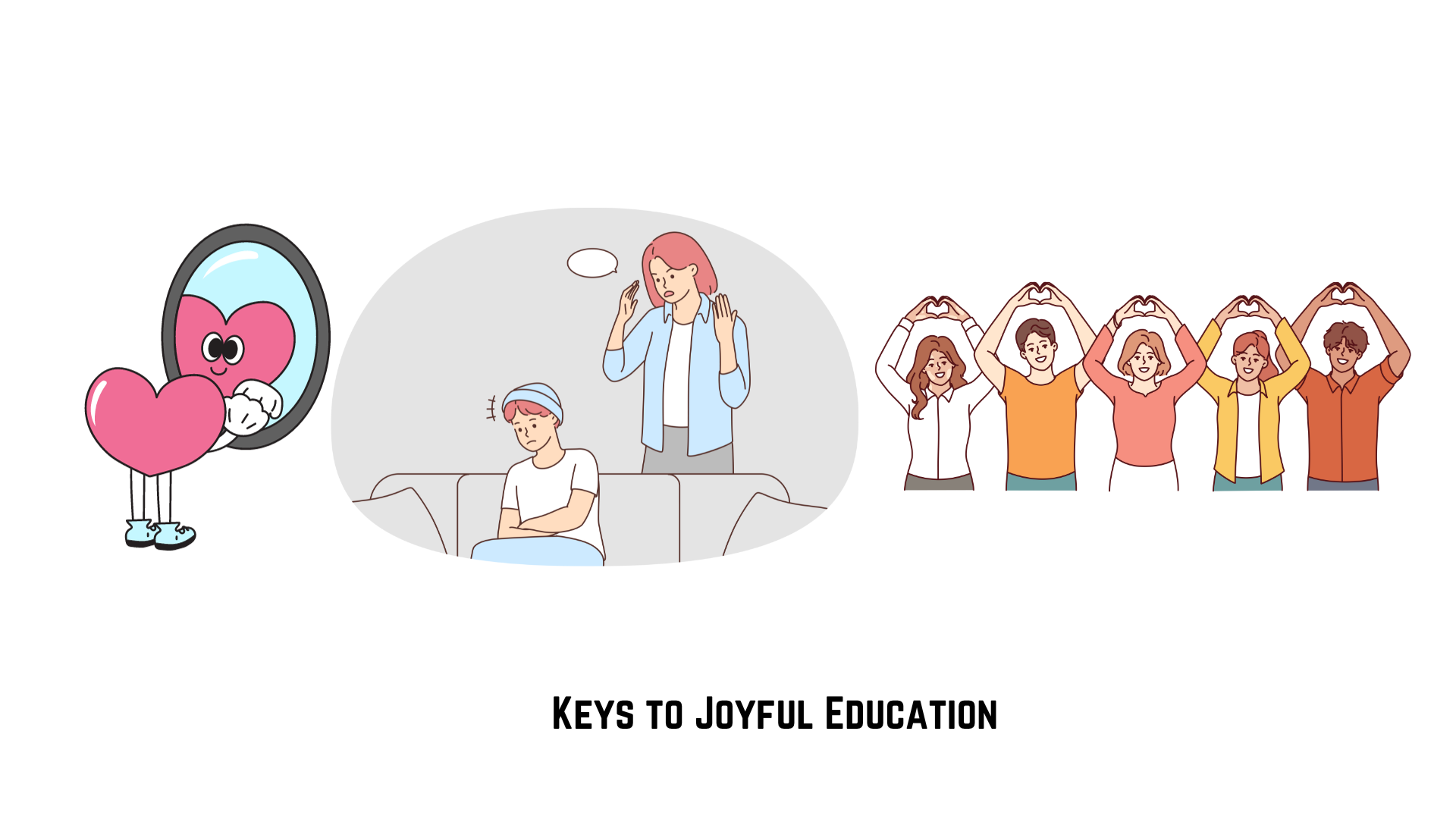Trending Now
- “If Edappadi Palaniswami permits, a thousand young members from the Virudhunagar district AIADMK are prepared to take up arms and engage in battle under my command.” – Former AIADMK Minister Rajendra Balaji
- “India is ready to deal with any counter-attack by Pakistan” – Wing Commander Vyomika Singh
- Central govt orders extension of CBI Director Praveen Sood’s tenure for another year
Columns
Being a good patient
![]() September 13, 2016
September 13, 2016
Don’t let the title mislead you. This is not a long piece of advice or an exercise in blame shifting. As a doctor, I’m trying to share some typical instances where certain small changes can bring about a tremendous difference in the outcomes of the treatment.
Of course, the doctor is not perfect. Changes are also needed from the doctor’s end, which will be discussed in my next column. But, a few small changes on both sides would definitely make the doctor-patient relationship a very rewarding experience.
All good consultations begin with a good history-taking of the patient’s complaints, based on which we try to construct a few possible diagnoses, and then proceed towards examination and investigations accordingly. A doctor invariably runs into two kinds of patients – the well-prepared ones, who clearly explain the current complaints and the history related to it (some even write their symptoms down on a paper, just to be very sure); and the ones who divulge their details in pulses, with absolute lack of clarity on how to prioritize their complaints and symptoms. Often in the latter cases, just as you are about to complete the prescription, the patient would suddenly remember a crucial symptom that he/she had forgotten, which makes it necessary for you to rewrite the entire prescription again.
The next major annoyance is the “networking” patient with a very low attention span. Some patients, especially the person accompanying the patient, would be eagerly trying to call up someone ‘influential’ over the phone, and expect us to explain to this influential anonymous guy the treatment and medication plan. The “can you please explain my brother who’s in the US…” kind. This absent-but-influential guy could be a genius and the real decision-maker in the family, but isn’t it simpler for the patient, who’s sitting right in front of the doctor, to ask questions and get the doubts clarified? Unlike the movies, doctors keep medical jargon away when they talk to the patients. But, no matter how well-informed the person on the phone is, who could possibly know better about the patient than the person himself/herself?
Medical science is an evolving science. It deals with the human body, whose mysteries have not yet been completely revealed or understood. Hence, in some cases, it takes time to clearly understand the underlying problem and treat it. A single prescription cannot always cure the disease. Then, there are many diseases that can only be managed, not cured. There even are diseases that cannot be diagnosed at all!
This immediately puts the patients on a “doctor hunt.” By this, I mean running from one doctor to another each time. Each doctor has a slightly different system of evaluating, and has to proceed in a systematic manner. Each time you go to a new doctor, the evaluation has to start from the very beginning, in a different system of his own. Medical science is not engineering. Standard formulae and protocol do not apply here. Treatment and diagnosis styles vary from doctor to doctor, and also between hospitals. A typical example of this is the treatment of diabetes. Constantly changing doctors will only result in the poor control over the disease.
Finally, there is the issue of free advice. The most common reason for the failure of treatment is the well-intended free advice given by someone who has nothing at all to do with medicines. Ironically, once in a while, such advice comes from the doctors themselves who are not specialized in that particular field of medicine, like a surgeon giving a second opinion on cardiac stenting. Being an obesity specialist myself, it’s so common to see patients with severe gastritis, who delayed a visit to the doctor simply because a neighbour or a friend suggested lime-and-ginger juice early in the morning to reduce weight. There was once a patient, already known to have a hernia, who arrived for treatment in a very complicated state, because a family friend had suggested that hernias should be operated upon only if it starts to hurt.
It takes a minimum of 10 to 12 years for a doctor to become a specialist, and even after that, the answers for many medical problems still remain a mystery. So please refrain from self-graduating or allow the Google-educated doctor within you to treat yourself. Each and every human life is precious. It cannot be repaired after being badly tampered with.
A patient-doctor relationship is like a marriage. It needs a great deal of understanding and trust. Let’s start working towards it.
Disclaimer: The views expressed above are the author’s own






















